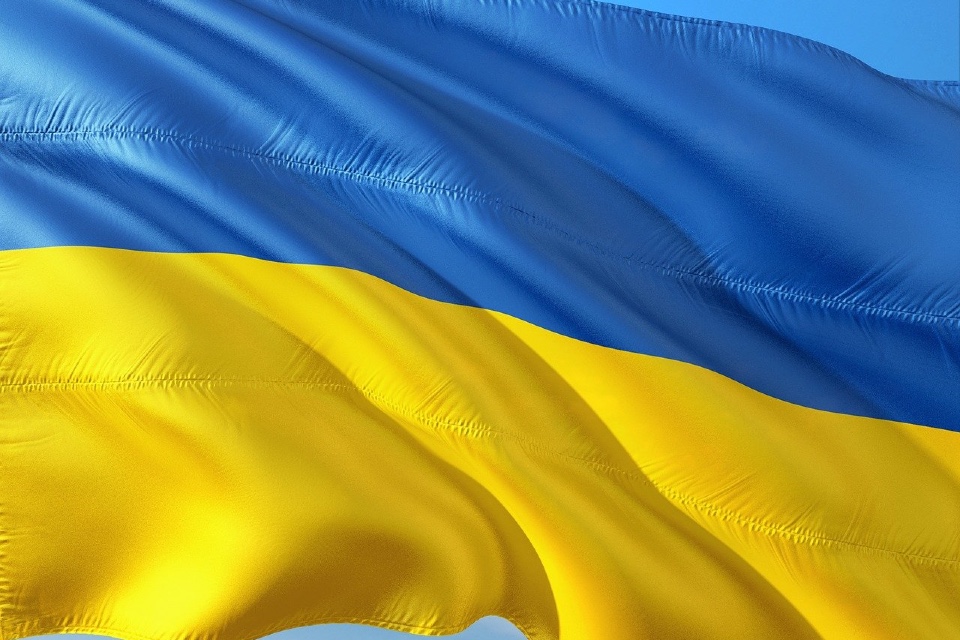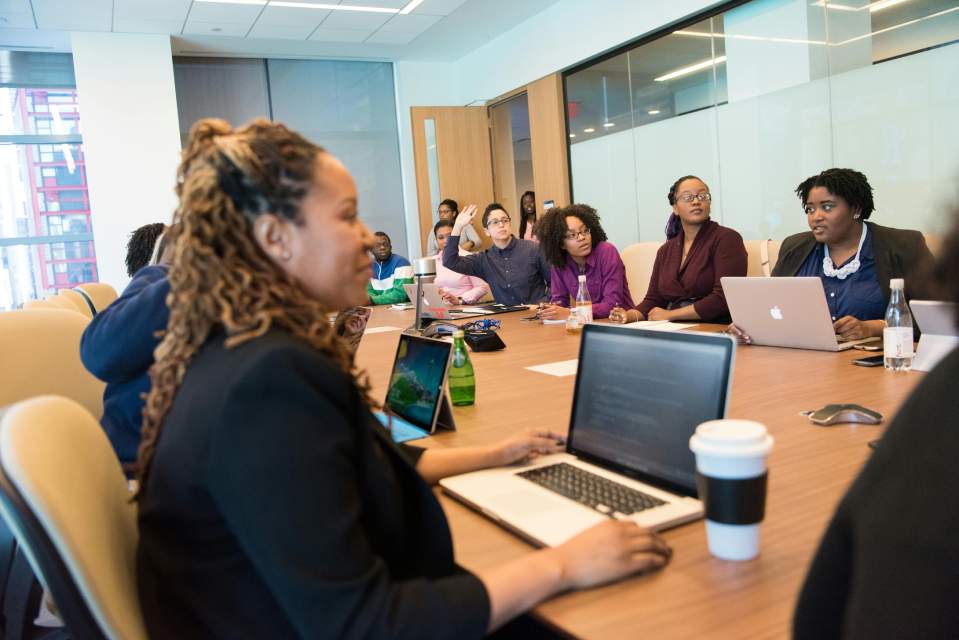The crisis unfolding in Ukraine is a cause of concern for many across the world. These are turbulent times so employers will need to be mindful of staff members that are from the impacted countries, or those who have relatives and friends there that may be in danger.
Kate Palmer, HR Advice & Consultancy Director at Peninsula, recommends that employers send company-wide communications to highlight the support options available for any staff member affected by the evolving situation in Ukraine.
Kate explains: “This can be done via email, intranet sites, notice boards or discussed during daily team meetings. Where employees have friends or family members abroad, it may be reasonable to allow a temporary change to working conditions, to allow them to maintain regular contact. Adjustments could include flexibility with start/finish times, more or longer rest breaks, or amended duties.
“Those who are not directly impacted may still experience higher than usual levels of stress and anxiety. As such, the offering of an employee assistance programme (EAP) can provide professional support to assist employees’ mental health and emotional wellbeing. Similarly, creating a culture of open communication, whereby employees are encouraged to raise and discuss any concerns they may have, both in their professional and personal lives, can improve satisfaction and motivation. This in turn contributes towards increased productivity and higher retention rates.
Bertrand Stern-Gillet, CEO of Health Assured, understands that many people will be experiencing emotional and mental distress as a result of the ongoing conflict. He strongly encourages employers to pro-actively identify workers affected by the crisis.
“Ask managers to check in with the wellbeing of their teams regularly. During times of crisis, it’s important to reach out to staff and let them know support is there, should they need it. Ensure that managers and employees keep up with their regular one on one catchups. These meetings will provide employees with an opportunity to open up about any problems they might be facing.
“Remember, employees who have family in both Ukraine and Russia could be struggling right now. It’s important to recognise and support everyone who is impacted – politics should not be part of the workplace.
“Creating a culture of support by communicating to employees that you support them in and outside of the workplace. Make sure your staff know that their health, safety, and wellbeing is the priority. Let them know how they can access support and signpost to any wellbeing services you might have in place. If you can encourage senior leaders to adopt these values, it helps set this culture in stone.
“If an employee is affected by the crisis, they may be struggling to stay engaged and productive at work. As Kate has outlined, you may wish to offer reasonable adjustments to help them manage this challenging time.
“An open conversation around mental health and surrounding topics is always the best approach to take. Trauma and crisis can have devastating implications if ignored. But when trauma and crisis are worked through and understood, recoveries are quicker. It could be via email communications, in company meetings or with posters around the workplace—these are all good ways to reinforce the message.”









